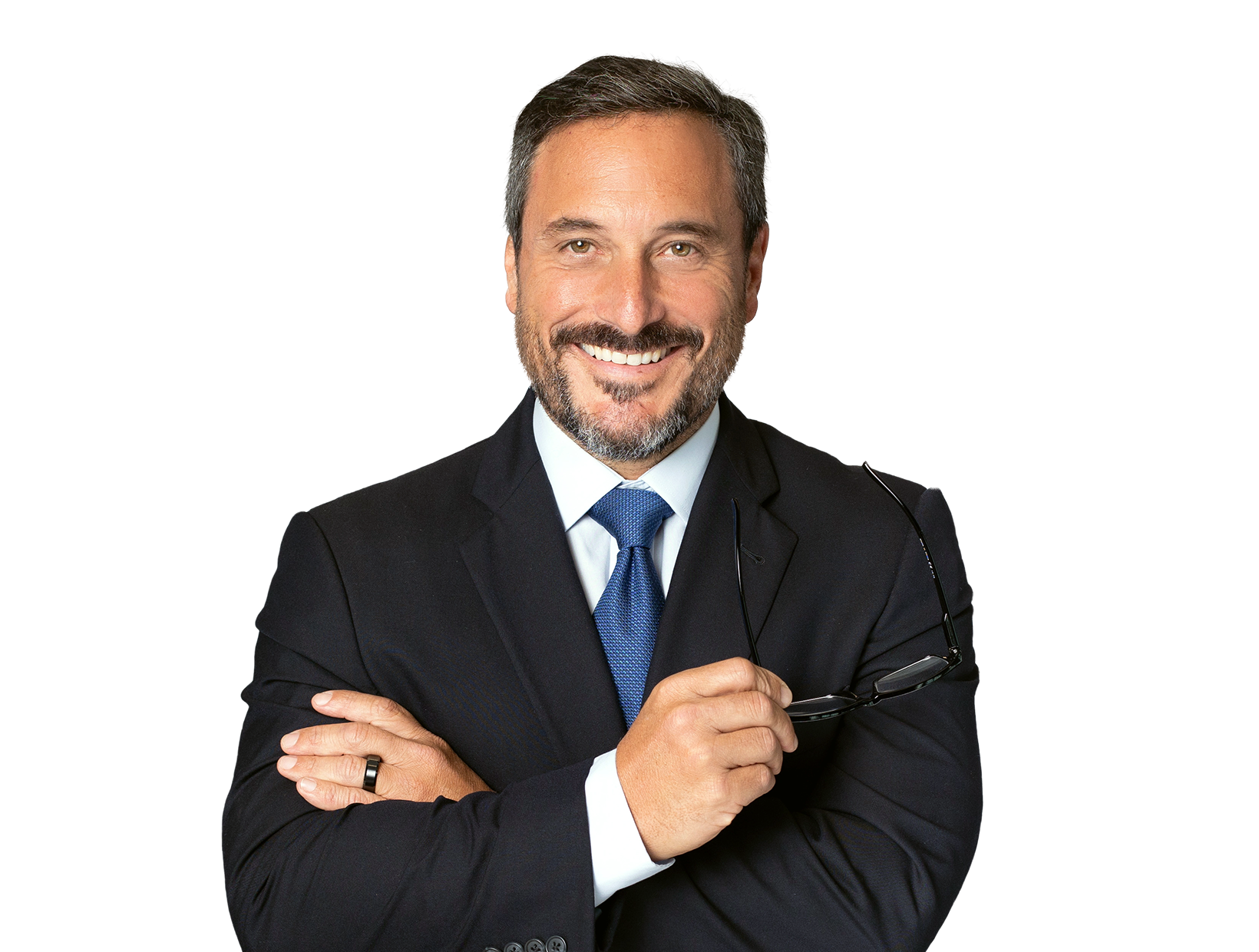Blog
The Dangers of Having Your Expert Not Devote Sufficient Time to Your Case
Fish & Richardson
Authors
-
- Name
- Person title
- Principal

Lawyers and clients regularly seek to strike the proper balance of the amount of time they ask retained experts to work on cases. If an expert spends too much time, they will be criticized on cross-examination as biased and nothing more than a "hired-gun." If too little time is spent, they are subject to exclusionary motions and/or to cross-examination for not knowing the issues in the case. In addition, there are generally budgetary concerns that must be considered, for example, where an expert spends more money forming their opinions than is at issue in the damages case.
A case issued last month out of the Eastern District of Michigan that serves to book-end the situation where the expert spent too little time, relied too heavily on the lawyers to do the work, and whose opinions were eventually excluded—Numatics, Inc. v. Balluff, Inc., 2014 WL 7211167 (E.D. Mich., December 16, 2014). In Numatics, even though the court said that the defense liability expert was "qualified", his opinions were excluded, in part, because defense counsel wrote the defense expert's report, which the court characterized as "a remarkable breach of ethics and protocol." Id. at *3. The court, relying on Rule 26 and cases interpreting that rule, said that "assistance in the fine-tuning of an experts report in order to ensure compliance with Rule 26(a)(2)(B) is permissible, while preparing the expert's opinion from whole cloth [i.e., ghostwriting] and then asking the expert to sign it if he or she wishes to adopt it is not." Id. at *4. In addition, the expert reviewed the 64-page report written by counsel for only "a couple of hours" before signing it, spent "nearly half" of the 30 hours he billed to the case travelling, rather than working on the case substantively, and "implausibly sa[id] they he reviewed nearly 2,600 pages of deposition transcripts in two to three hours." Id. at *3, *6. The final nail in the coffin appears to be that the expert admitted in deposition that he had no idea what obviousness means in the context of a patent lawsuit despite the fact that he was offering opinions that the asserted patent was invalid as obvious. Id. at *6. In excluding the expert's opinions, the court stated that "[a]n expert witness who is merely a party's lawyer's avatar contributes nothing useful to the decisional process." Id. at *3.
This case serves as an important reminder to practitioners and clients alike to ensure that retained experts are able to devote sufficient time to cases. Experts need to review the necessary materials such that they are forming their opinions independently of counsels' positions. Expert must take an active role in forming their opinions, and not merely mimic the lawyer's opinions. In addition, experts, who are most often not lawyers, need to engage with counsel to have a base understanding of the legal principles that govern the opinions they will offer. This includes being available to prepare for deposition and trial. As the court in Numatics said, the expert must be able to aid the trier of fact to understand the evidence. FRE 702(a). Determining whether an expert has the necessary availability must be part of the vetting process that counsel and clients undertake from the outset. Otherwise, there is a risk of exclusion, which could be detrimental to their case. The key is making sure experts give you the time and attention needed to form their own opinions such that they can aid the trier of fact to understand the evidence as required by Rule 702.
The opinions expressed are those of the authors on the date noted above and do not necessarily reflect the views of Fish & Richardson P.C., any other of its lawyers, its clients, or any of its or their respective affiliates. This post is for general information purposes only and is not intended to be and should not be taken as legal advice. No attorney-client relationship is formed.